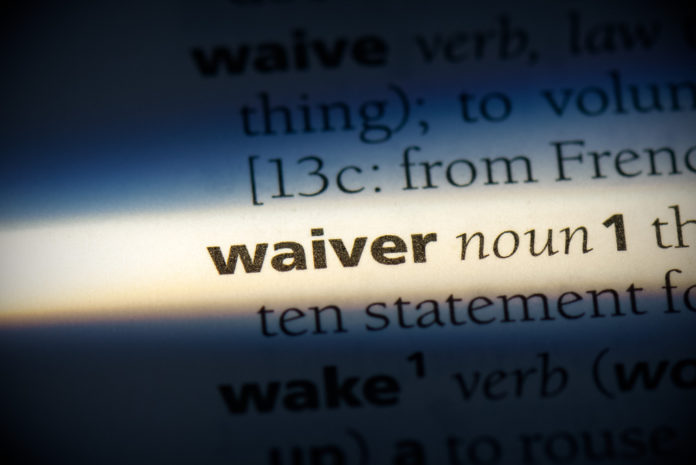FCA defendants contended government officials knew of the alleged fraudulent conduct but didn’t’ do anything. Thus, the defendants argued, the government had waived its FCA claim. The court rejected the argument, reasoning that only the Attorney General or the Department of Justice can waive an FCA claim.
United States v. American Health Foundation, Inc. et al., E.D. Pa., No. 22-2344
- Motion to Strike – The government sued the defendants, alleging violation of the FCA. The government said the defendants had fraudulently billed Medicare and Medicaid for nursing home services. The defendants asserted various affirmative defenses. The government moved to strike the defenses.
- Waiver – The defendants argued the government had waived any FCA claim because government officials knew of defendants’ conduct from surveys conducted by the Centers for Medicare and Medicaid. The court noted only the Attorney General or the Department Justice can waive an FCA claim. Some government officials may have known of the defendants’ conduct, but the defendants had not shown the Attorney General of the Department of Justice affirmatively waived the FCA claim.
- Accord and Satisfaction – The defendants also argued the government had already obtained administrative remedies for the alleged violation. The defendants claimed these remedies amounted to an accord and satisfaction of the claims. Again, however, the court noted only the Department of Justice has the authority to settle an FCA claim. The defendants had not presented any agreement signed by the Department of Justice.
- Failure to Mitigate Damages – The defendants claimed the government failed to mitigate its FCA damages. The court opined the government does not have a duty to mitigate damages in an FCA case. But the court allowed the mitigation defense to remain for the government’s common law counts.
—Case summary by Craig LaChance, Senior Editor





